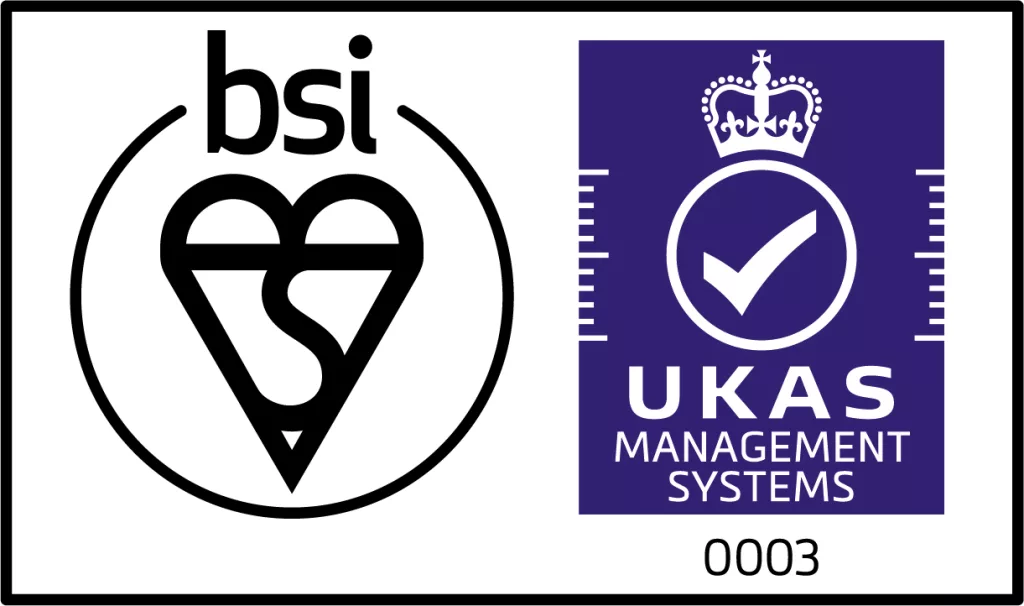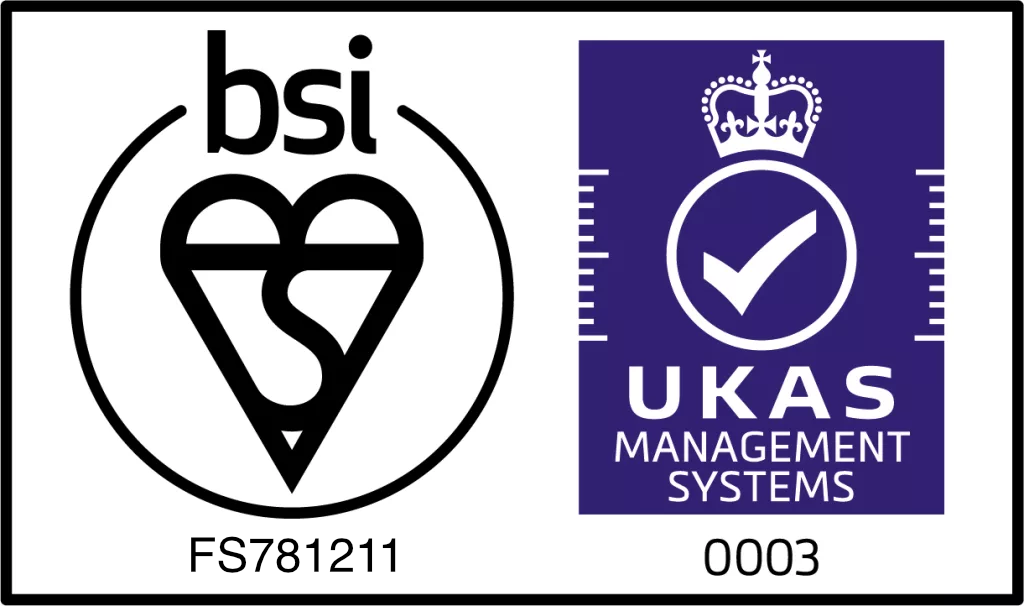
Tier 1 contractors have the ability to have specialist resources spread across multiple contracts if they are not needed full time on the project. They have whole departments dedicated to specialist functions.
Some Tier 2 contractors are still able to do this but on a scaled down version with much smaller departments of only a few people.
For smaller Tier 2 contractors this simply isn’t viable for the business and the need for support services arises.
KCES Limited provide programme management support that’s what I’m going to focus on, there are other companies that provide support for commercial, estimating etc…
In my time as a Tier 1 contractor there was a lack of Tier 2 contractors that planned the works. Most relied on the Tier 1 to provide the programme information and they inevitably missed out on a lot of opportunity as a result. That’s not to say this is the case for all as I’m sure it isn’t but in my experience there was a clear lack.
This isn’t a criticism as it may sound. Many of the Tier 2 contractors were very successful so it clearly didn’t affect them. But they are successful even with missing out on all the opportunity that slipped past.
In my opinion when dealing with Tier 1 contractors it pays to have the right records, notices and programmes in place and to administer the contract properly. This certainly goes for some more than others and I’m sure those reading this will know what I mean.
Here are just some of the pitfalls I have personally experienced with regards to Tier 2 contractors that we can help resolve. We provide all of this support and more on an Ad-hoc basis as we understand that full time support isn’t needed by everyone.
Tenders:
Focused on price with no other backup on what was allowed only to hear during delivery “ahh well I didn’t price it like that so I need a compensation event” or “well I priced a different detail, its what we normally install”.
I don’t think you could ever include too much information about what you have allowed for in a tender. This should include clarifications or even better a logistics plan or to really add value to a tender (and a bit over the top for most tenders) what about a construction visualisation. (Now these sound fancy and expensive but they aren’t. To get the message across these can be simple, quick and easy and don’t need to be bells and whistles.) Here’s an example of one below:
As you can see, admittedly it isn’t the prettiest 3d video but do you understand the construction method for the bridge in 2 minutes! Pretty useful…
The other is missing contract stipulations in the return. If a tender return doesn’t stipulate an omission then its likely that its going to be included in the price. With many Tier 2 tender returns not providing a programme then it could be a costly mistake if the programme has not been priced. Its always best to include your own programme but in any case a contract review is essential.
Programme Management:
In my previous experience Tier 2 contractors seldom administer the programme side of a contract. Your always better off being the party to administer the contract so even if a client isn’t accepting the programme you should still be seeking to rectify their comments and keep submitting in line with the contract. Saying this, many submitted programmes do fall short of the requirements of the contract (This isn’t something that only affects Tier 2 contractors, many Tier 1 contractors struggle with this aswell…)
Project Managers are overstretched at the best of time so providing them with planning support is often welcomed as it can be very time consuming for them. This doesn’t release any control or culpability of programme delivery but does release their time to do what makes them most valuable, manage the project.
Change Management:
Again in my past experience contractors fail to fully substantiate entitlement when claiming the effects of delay. It seems like I’m not the only one here as this appeared as one of the main reason for disputes in this years Arcadis global disputes report.
Compensation events should have their effects shown on a programme.
If your using someone else’s programme you wont be showing the effect on your scope, you will be showing it on the project. You will therefore be missing out on entitlement as is one of a many reasons to be providing your own programmes.
In any case entitlement to time claims are often put together retrospectively based on how long an operation took. This is a bad idea as entitlement is not the same as how long it took… Beware if this is your approach.
This is not intended as a dig at anyone, simply a statement of my past experience and hence why we provide support services to help combat some of the above issues.
The contractors that we do engage have all seen first hand value added to their business as a result of the support we offer. If you would like to see the same return then contact us.
We can work on a range of agreement from Fixed price per deliverable to hourly rates with budget caps.
Planetal provides Tendering, Delivery Planning and Forensic Delay Expert Services to the construction industry. For more information on how we can help click one of the links below:
Forensic Delay Expert Services
For any further information or to discuss any programme requirements contact us on:








